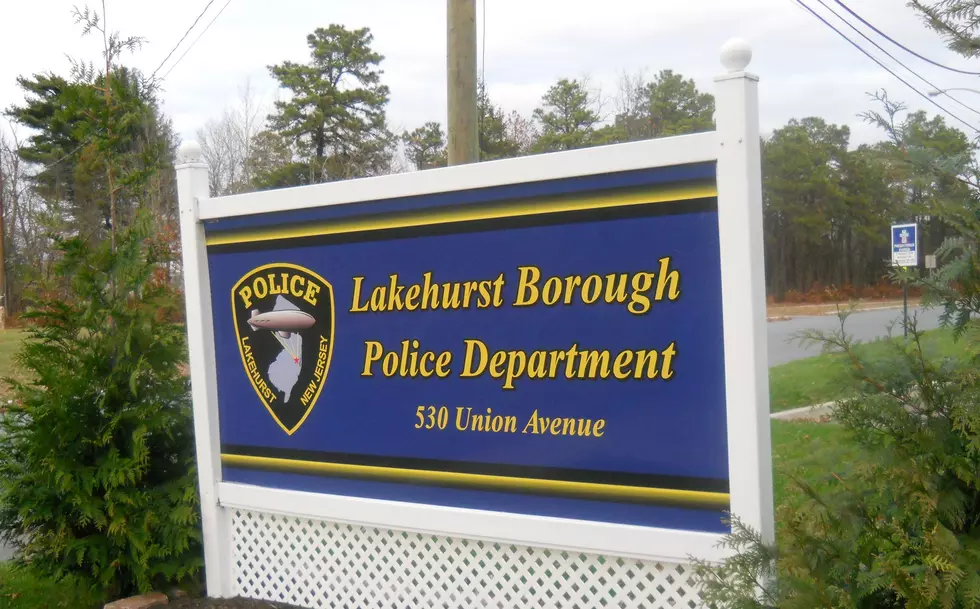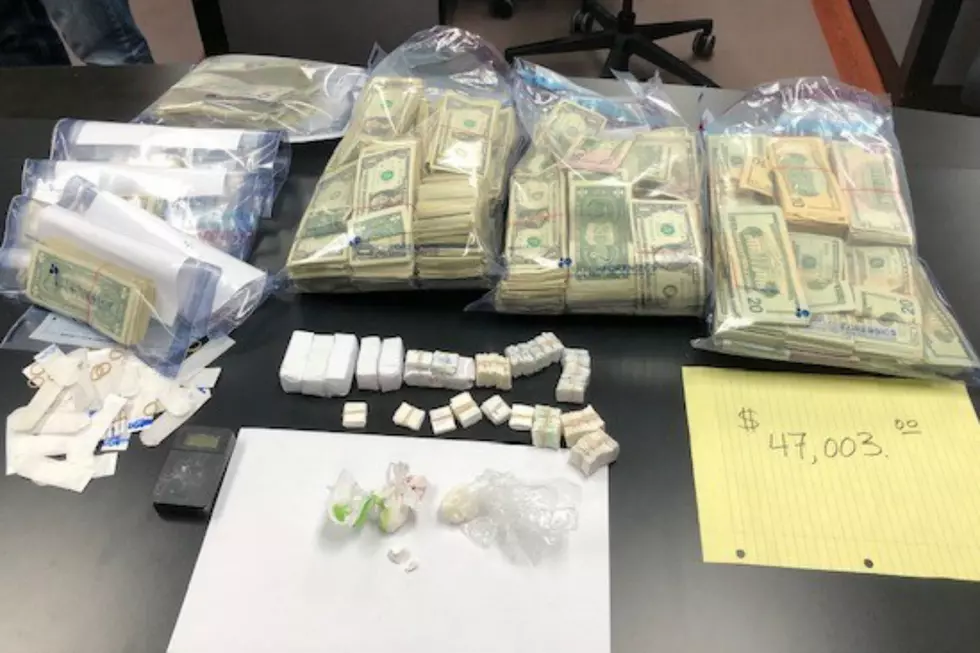
NJ Cops Told to Enforce the “Overdose Prevention Act”
A statewide directive has been issued to law enforcement to ensure that police and prosecutors throughout New Jersey are well-informed regarding the requirements of the “Overdose Prevention Act” and fully comply with those requirements. The directive comes from acting State Attorney General John Hoffman.
“This law truly will save lives, but only if we raise public awareness and ensure that police comply with it, so that those who find themselves in a crisis involving an overdose can have faith that if they call for assistance, their involvement or association with illegal drug use will not land them in jail,” says Hoffman. “To be clear, this law does not give immunity to drug dealers or those who make no sincere effort to help a victim, but it should give others the confidence to do the right thing when a life is in danger.”
The Act, which was signed into law by Gov. Chris Christie on May 2, is intended to save lives by encouraging people to seek medical assistance whenever a drug overdose occurs.
Those who, in good faith, seek medical assistance for an overdose victim will be immune from arrest and prosecution on a charge of use or simple possession of illegal drugs. The immunity also applies to the person suffering the overdose.
“In that critical moment when a life hangs in the balance, this law should focus would-be Good Samaritans on making the right call – a call for help,” says Elie Honig, director of the Division of Criminal Justice. “Meanwhile, police who are called to respond also need clear guidance about how to handle what is likely to be a chaotic and emotional situation. This directive was drafted to provide that guidance.”
The directive lists the specific offenses for which the law provides immunity, including “obtaining, possessing, using, being under the influence, or failing to make lawful disposition of any controlled dangerous substance.”
It notes that the statute does not preclude arrest, prosecution or conviction for offenses involving the manufacturing or trafficking of illegal drugs. The statute does not preclude prosecution for the crime of strict liability for a drug-induced death or the offense of driving while under the influence of an intoxicating substance.
While the statute by its literal text affords immunity only to the specific person who calls 9-1-1 or otherwise seeks medical assistance and the person who suffered the overdose, the directive requires law enforcement to extend broader immunity consistent with the “spirit” of the law.
More From New Jersey 101.5 FM









